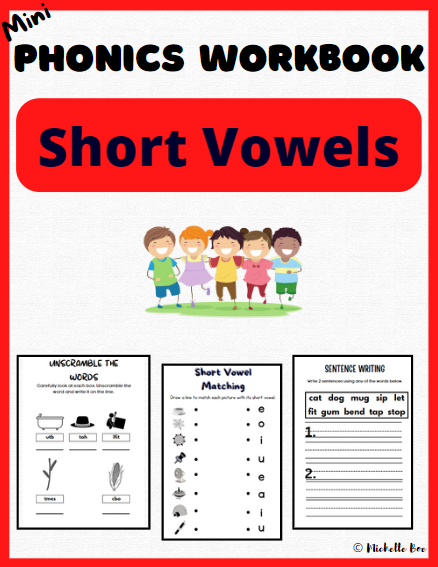Most parents look forward to taking time off from work in the summer to spend quality time with their kids.
Most parents look forward to taking time off from work in the summer to spend quality time with their kids.
It offers them a chance to unwind and rest after a long year of school drop-offs, after-school clubs, and sports games. But for others, the summer break can be an anxious time, not just because it means their usual routine goes out the window.
For parents of children with an Individualized Education Program (IEP), the long summer break can cause a lot of worries. You may be concerned that your child will lose the skills they have worked so hard to develop over the year and that, by the time they go back, they may be behind and playing catch up again, which is both unfair and frustrating for your child and those involved in their education.
That’s why we want to discuss what Extended School Year (ESY) services are. Read on to learn more about ESY services, including how to find out if your child is eligible and how you can get them the assistance and care they need.

Extended School Year services refer to individualized instructional programs for students with disabilities that are provided beyond the regular school year. They are usually designed as a part of a child’s IEP and are cost-free under FAPE. While they usually run during summer vacation, they shouldn’t be mistaken for summer school.
ESY is not simply an extension of the child’s usual school curriculum and doesn’t cover the same work. Instead, the services are individualized to each child’s needs to help them maintain their skills and not lose the progress they have made. These services vary depending on the child and IEP in question. Some might involve one-to-one tutoring, behavioral support, occupational therapy, or speech therapy. ESY will look different for every child and is decided by their IEP team.
Many benefits come with offering ESY services to children who need them, including:
If you are wondering if your child is eligible for ESY services, unfortunately, it’s not as simple as all students with IEPs getting one. ESY isn’t guaranteed for all students with IEPs, as not every student needs it. According to the Individuals with Disabilities in Education Act, each state or school district can set eligibility rules. This means the criteria do vary across the country, although, for the most part, the requirements are similar.
If your child is eligible, an IEP team will consider numerous things to decide which ESY services are needed and relevant. Below are the main things they will take into account:
Although not all children will be eligible, every IEP team should discuss the option of ESY. If you’re worried and believe your child may benefit from this service, bring it up at your child’s next meeting so the team can consider their eligibility.
It’s also important to remember that ESY isn’t the only way to keep kids on track. You can try many activities at home or ask your IEP team for suggestions on how to keep them focused on their goals.